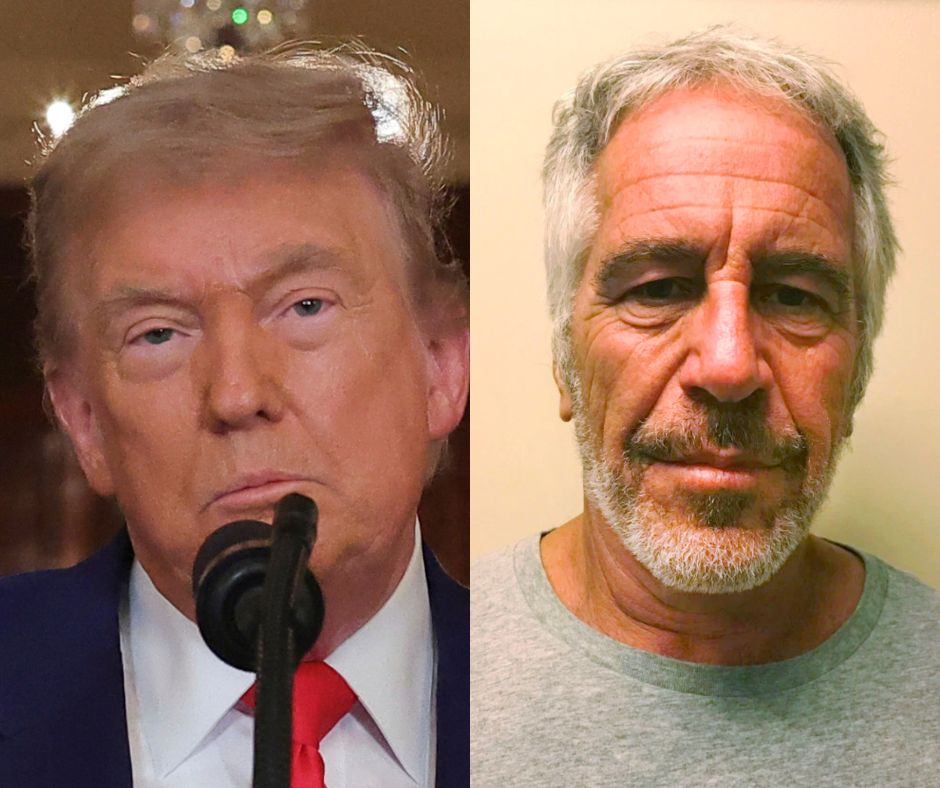Oren Cass:
Well, like you just said, there were a lot of revisions. And I think — I don’t know exactly why the revisions happened. If I had to guess, in part, when you have the kind of turbulence in the labor market that we have with the ongoing immigration enforcement, you’re likely to see more adjustments.
But I don’t know the specific facts around that. And so, again, I think it’s important to step back and look at where we are with the economy broadly. I mean, think about what economists were saying about tariffs, what they were saying after liberation day, the idea that we’re headed into a recession, the idea that this was going to be a disaster.
And now look at where we are. The unemployment rate is the same place where it was. Like I said, jobless claims are low. Inflation has ticked up a little bit. You would expect to see some price increases from tariffs. The president has said that. Secretary Bessent has said that.
But, obviously, the stock market has also reacted quite well. There’s been solid wage growth. I think the investment numbers in terms of real investment in the economy look good. And so I think the big question is, how did economists get this so wrong?
How did they have — Jason Furman, the former chair of the Council of Economic Advisers under Obama, he had a very good piece in The New York Times yesterday, where he acknowledged that economists suffer from tariff derangement syndrome.
They, I think, had this ideological view that you just — you could not do tariffs. Tariffs were a mistake. You had to have free trade no matter what. And we’re seeing that that’s just not the case. In fact, I think President Trump has responded to what was a very broken global economic situation, a very unfair trading system, with a set of changes that have obviously been very manageable in the short run, and I think have the potential to deliver a lot of benefits in the long run.

















































